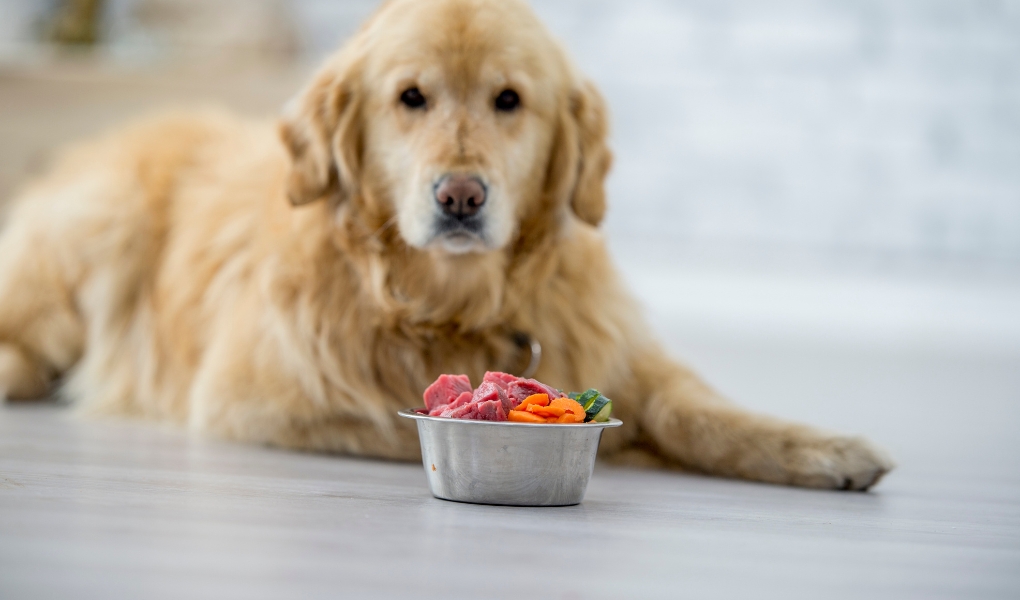Table of Contents
ToggleA Comprehensive Guide
Understanding how long it takes for a dog to digest food is crucial for pet owners who want to ensure their pets’ health and well-being. This comprehensive guide explores the canine digestive process, factors that affect digestion time, and tips for promoting optimal digestion in dogs.
Introduction to Canine Digestion
Digestion is the process by which food is broken down into nutrients that the body can absorb and use. In dogs, the digestive process begins in the mouth and ends with the elimination of waste. The time it takes for a dog to digest food can vary based on several factors, including the type of food, the dog’s age, size, and overall health.
The Canine Digestive Process
The digestion process in dogs involves several stages:
- Ingestion: Food enters the mouth, where it is chewed and mixed with saliva. Saliva contains enzymes that begin breaking down carbohydrates.
- Swallowing: The chewed food passes through the esophagus to the stomach.
- Stomach Digestion: In the stomach, food is mixed with gastric juices containing hydrochloric acid and enzymes that break down proteins. This process turns the food into a semi-liquid mixture called chyme.
- Small Intestine Digestion: Chyme moves into the small intestine, where enzymes from the pancreas and bile from the liver continue the digestion of proteins, fats, and carbohydrates. Nutrients are absorbed through the intestinal walls into the bloodstream.
- Large Intestine Digestion: The remaining undigested material moves into the large intestine, where water is absorbed, and the material is formed into feces.
- Elimination: Feces are expelled from the body through the rectum and anus.
Average Digestion Time for Dogs
The time it takes for a dog to digest food can range from 8 to 10 hours on average. However, several factors can influence this digestion time:
Factors Affecting Digestion Time:
Type of Food:
- Dry Kibble: Generally takes longer to digest, often around 8 to 12 hours. The hard texture requires more breakdown in the stomach.
- Wet/Canned Food: Typically digests faster, usually within 4 to 6 hours, due to its higher moisture content and softer texture.
- Raw Food: Digestion time can vary but is generally similar to wet food, around 4 to 6 hours, as raw food is often more natural and easier to break down.
Dog's Age:
- Puppies: Generally have faster digestion times due to higher metabolic rates. Food can pass through their system in as little as 4 to 6 hours.
- Senior Dogs: May have slower digestion due to decreased metabolic rates and potential digestive health issues, taking up to 12 hours or more.
Size and Breed:
- Small Breeds: Often have faster digestion times due to shorter gastrointestinal tracts.
- Large Breeds: Typically have slower digestion times because of larger and longer gastrointestinal tracts.
Health and Activity Level:
- Active Dogs: Higher activity levels can stimulate faster digestion.
- Health Issues: Conditions like gastrointestinal diseases, pancreatitis, or obesity can slow down the digestive process.
Hydration:
- Water Intake: Adequate hydration aids in digestion by helping dissolve nutrients and move food through the digestive tract efficiently.
Signs of Good Digestion
Healthy digestion in dogs can be observed through several indicators:
- Regular Bowel Movements: Consistent and regular bowel movements, typically one to three times a day.
- Firm Stools: Stools that are well-formed and not too hard or too soft.
- Healthy Appetite: A regular and healthy appetite without signs of discomfort or pain during eating.
- Energy Levels: Consistent energy levels without lethargy or hyperactivity.
Tips for Promoting Optimal Digestion
Ensuring your dog has optimal digestion involves several best practices:
Balanced Diet:
- Provide a balanced diet with high-quality proteins, fats, and carbohydrates.
- Include fiber-rich foods like vegetables to aid digestion.
Regular Feeding Schedule:
- Feed your dog at the same times each day to maintain a consistent digestive rhythm.
Proper Hydration:
- Ensure your dog has access to fresh water at all times to aid digestion and nutrient absorption.
Exercise:
- Regular exercise helps stimulate the digestive system and maintain a healthy metabolism.
Avoid Overfeeding:
- Feed appropriate portion sizes to prevent overloading the digestive system and causing obesity.
Monitor Health:
- Regular veterinary check-ups to monitor digestive health and address any issues promptly.
Conclusion
How long does it take for a dog to digest food? The average digestion time ranges from 8 to 10 hours, influenced by factors such as the type of food, age, size, and health of the dog. Understanding the canine digestive process and implementing practices to promote optimal digestion can significantly enhance your dog’s health and well-being. For more expert insights and comprehensive guides, explore our other blog posts at Harmony Dog Food.







